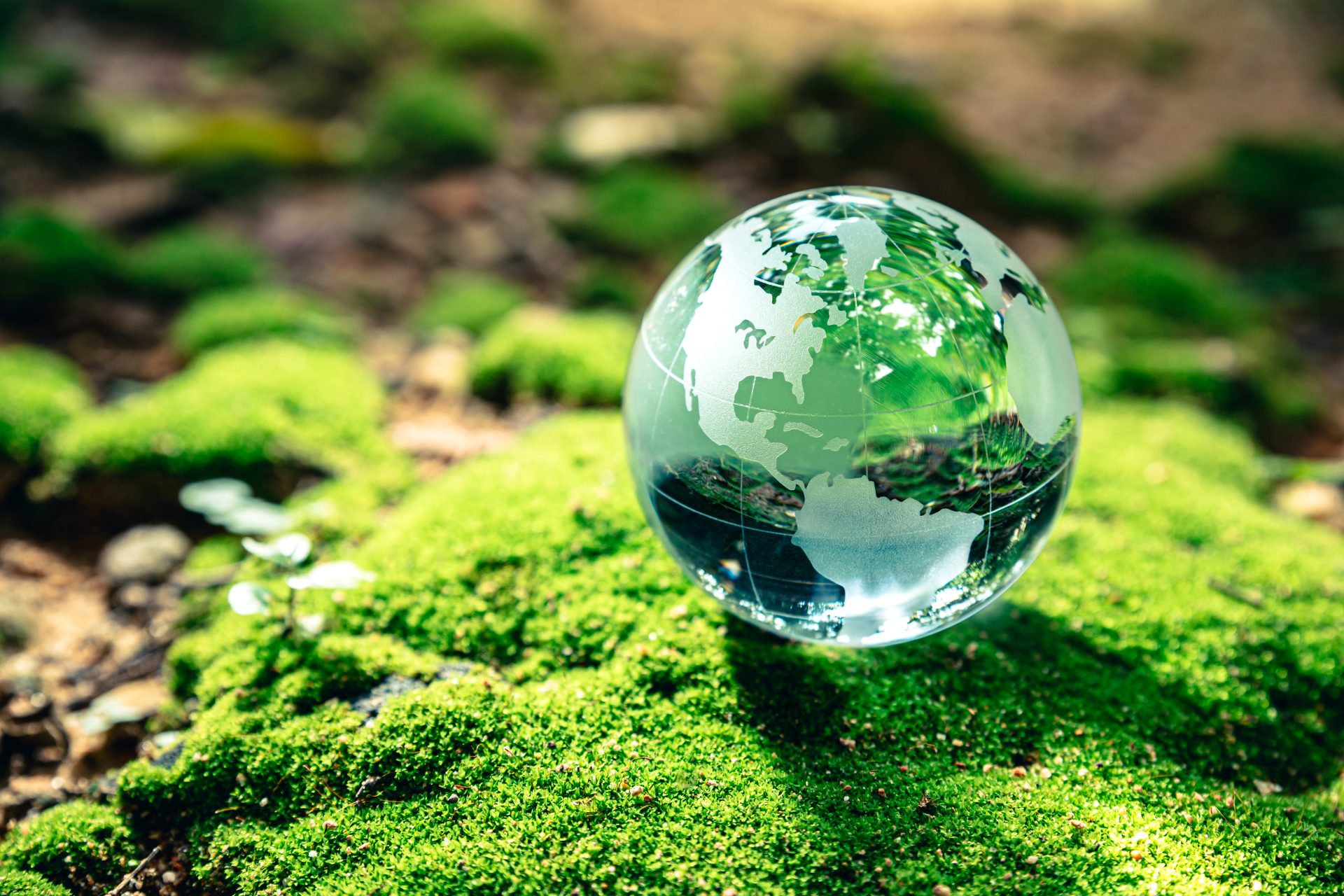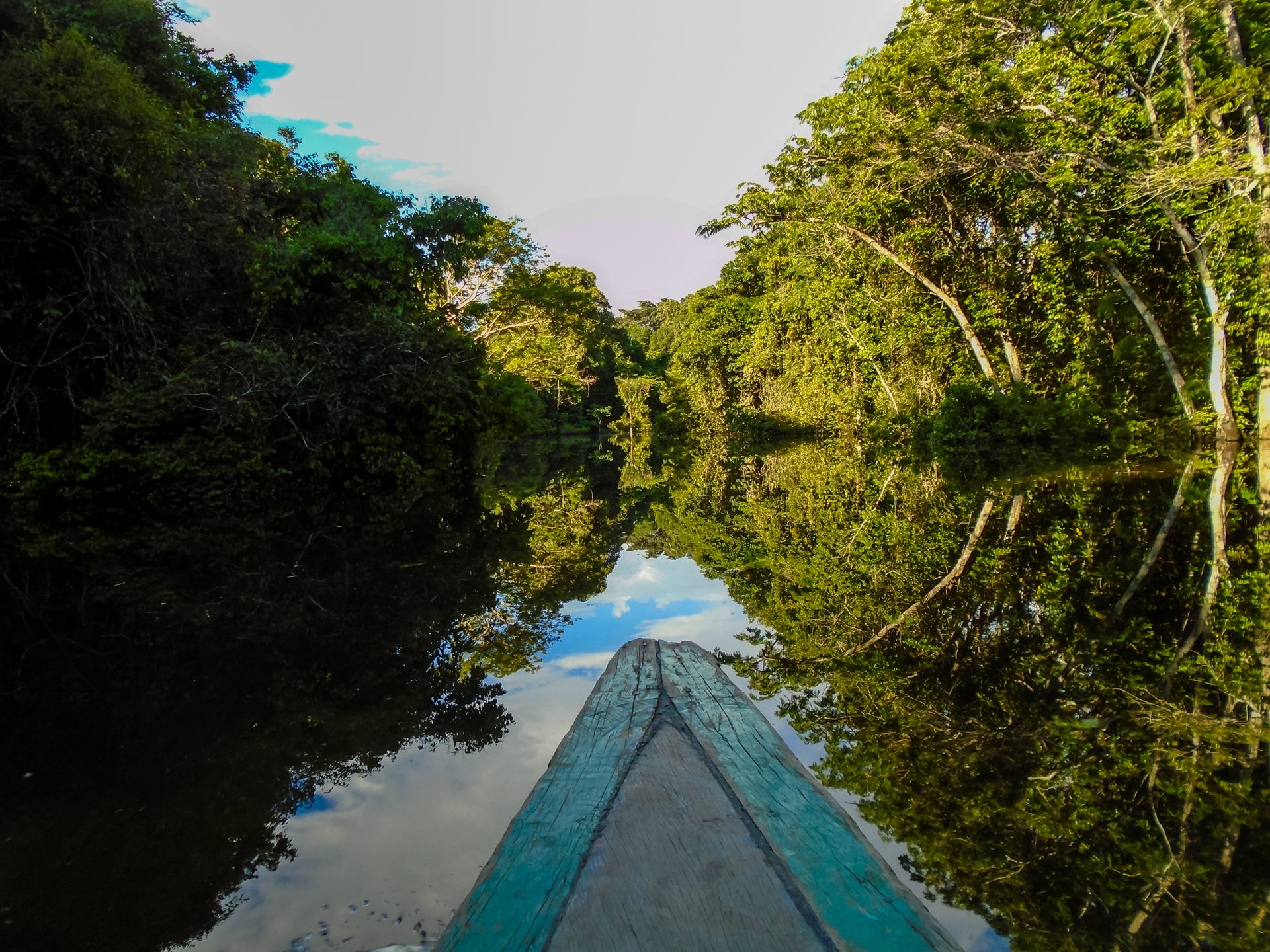
By Caroline Kiiru and Fr Eduardo Agosta
“Because all creatures are connected, each must be cherished with love and respect, for all of us as living creatures, are dependent on one another. Each area is responsible for the care of this family.” (Laudato Si’, 42).
Biodiversity is declining globally, with habitat loss, deforestation, climate change, pollution and invasive species being the major driving forces. In December 2022, 196 countries signed the Kunming-Montreal Global Biodiversity Framework promising to “live in harmony with nature” by 2050 and to “halt and reverse biodiversity loss” by 2030. This framework has provided a much-needed structure for nations to address biodiversity loss and secure our common home.
Healthy biodiversity is vital, and the reasons are both utilitarian and intrinsic. Humans rely on biodiversity for food, water and shelter, and biodiversity also regulates climate, water purification, pollination and seed dispersal, consequently allowing for food growth.
It is important to raise awareness of biodiversity and its alarming extinction rate to ensure every form of life can continue to interact in a healthy and balanced way and to prevent damaging the global economy.

This International Day for Biodiversity is a rallying call for all of us to take up our role in nurturing nature. The theme ‘From Agreement to Action: Build Back Biodiversity’ focuses on implementing effective action to support biodiversity.
Unfortunately, human activities are speeding up biodiversity loss because when we encroach on habitats, pollute water bodies, disrupt migration paths, and so on, we not only impact biodiversity but, at worst, we threaten the ongoing existence of the creatures with whom we share the planet.
This is the case with the Amazon and the Congo biomes, two major carbon sinks on Earth where deforestation for agriculture, infrastructure development and extractives continue to take place. The impacts of these actions not only contribute to the climate crisis but also are much more impactful to indigenous and local communities in these regions.
The Amazon is in crisis due to deforestation, fires, climate change and pollution that threaten the survival of the jungle. Rivers are increasingly polluted by the extractive oil, mining, agricultural and logging industries. This immense pressure, if not reduced or stopped, will irreversibly damage the Amazon and the planet in general in the very near future.
In the Congo, we see intent by the government to open up protected areas to oil and gas exploitation which blatantly goes against addressing the climate crisis. Peatlands are an effective carbon sink – they absorb more carbon from the atmosphere than they produce. Carbon sinks are essential to combating the climate crisis and protecting planetary health.
As Pope Francis wrote in Laudato Si’,
“It is not enough, however, to think of different species merely as potential ‘resources’ to be exploited, while overlooking the fact that they have value in themselves. Each year sees the disappearance of thousands of plant and animal species which we will never know, which our children will never see, because they have been lost forever. The great majority become extinct for reasons related to human activity. Because of us, thousands of species will no longer give glory to God by their very existence, nor convey their message to us. We have no such right” (Laudato Si’, 33).
We call on our leaders to pursue sustainable efforts through dialogue and inclusion in line with this year’s theme. We need ambitious leadership and to rethink how we interact with biodiversity and nature and address the harm already caused by our current systems. This is our common home, and we should all play our part in taking care of it.
The Church in the Congo and the Amazon has been working hard in the last decade in the search for the conservation and restoration of Biodiversity, and the respect of the fundamental human rights of the peoples that inhabit them for an integral human development.
In the coming days, the message, “It takes all of us to build back biodiversity”, which was written in collaboration between the “Réseau Ecclésial de la Forêt du Bassin du Congo” (REBAC) and the “Red Eclesial Panamazónica” (REPAM), will be published. The depth of the message will enable readers to understand the complexity and challenges we face in these vital Biomes of the Earth and beyond, as well as the Church’s commitments to make a difference and to make a better and more just world for all.





